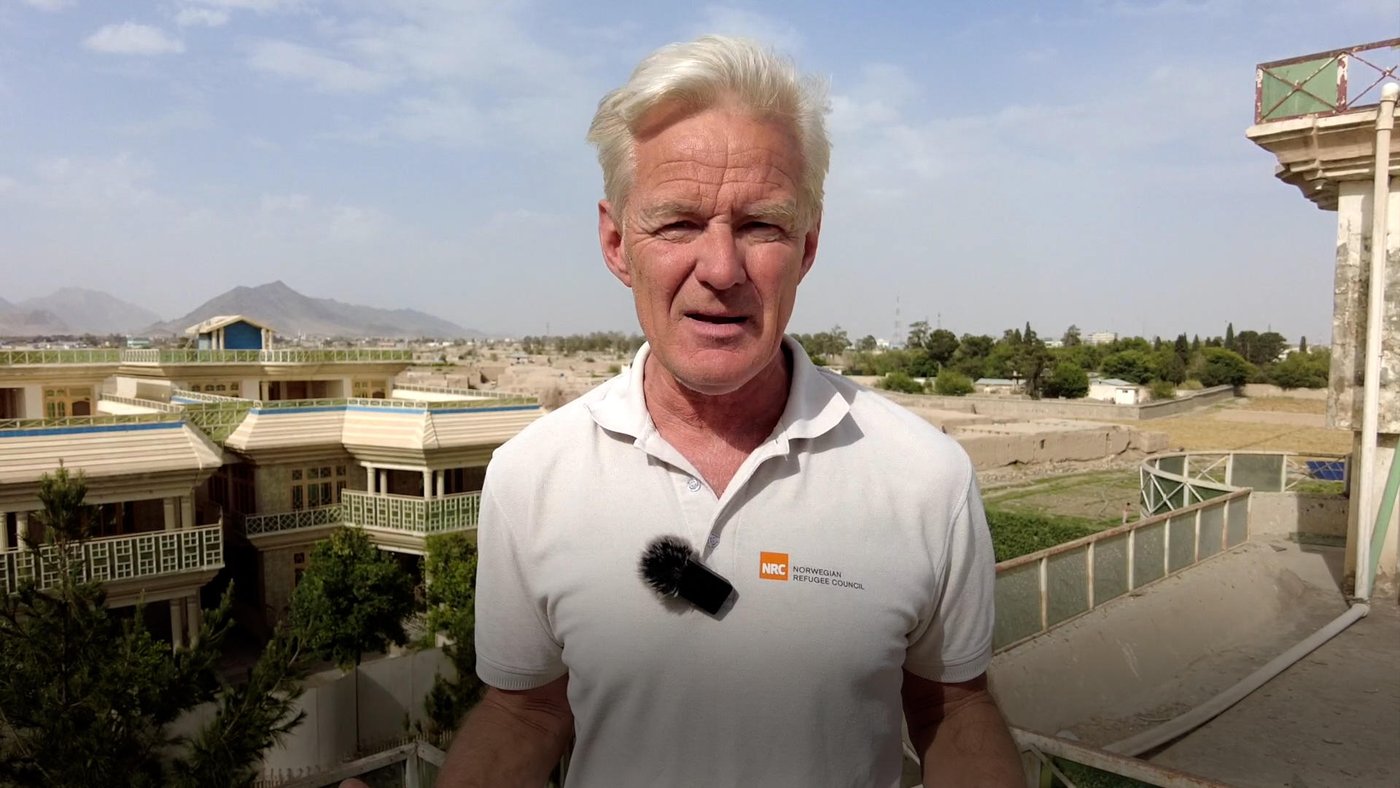

This ban has resulted in NRC having to close offices and dismiss over 200 of our employees. Additionally, a significant portion of the funding for projects in the country is now at risk.
"The consequences of reduced aid are enormous. It means that millions of Afghans are hungry and living in distress, that children and youth are unable to attend school and receive healthcare," says Egeland.
Strong dependence on female aid workers
Egeland explains that aid organisations in Afghanistan are heavily reliant on female staff.
"We simply cannot do the job without our female employees. Our female colleagues are a crucial part of our humanitarian response and make up about one-third of the overall workforce. In consideration of the entire population, we strongly urge the authorities in the country to reverse this decision."
Urgent need of a solution
According to Egeland, time is running out. We have very little time left to avoid a major catastrophe in Afghanistan.
"We have also communicated this to the Taliban. We have asked them to find a solution so that we can resume and continue our work in accordance with Sharia law and within the country's cultural norms. However, this must be in line with international humanitarian standards and principles," emphasises Egeland.
Taliban representatives have promised to ease the ban, but it is uncertain when this will happen. There is no guarantee either, as their top leadership has the final say.
"I believe in their promises, but we would like to see them translated into action," says Egeland.
Expecting the international community to follow up
He emphasises that it is crucial for Norway and other donor countries not to turn their backs on Afghanistan.
"We are in the midst of a deadlock crisis where 40 million civilians are bearing the brunt. As we resume large-scale humanitarian work, we expect the international community to follow up and quickly agree on how we should engage with Afghanistan, both financially and politically," says Egeland.
Our message to donors is that we will find a way to operate in Afghanistan that aligns with international humanitarian standards and principles in a principled manner, and we urge donors to continue financing humanitarian assistance in Afghanistan.

